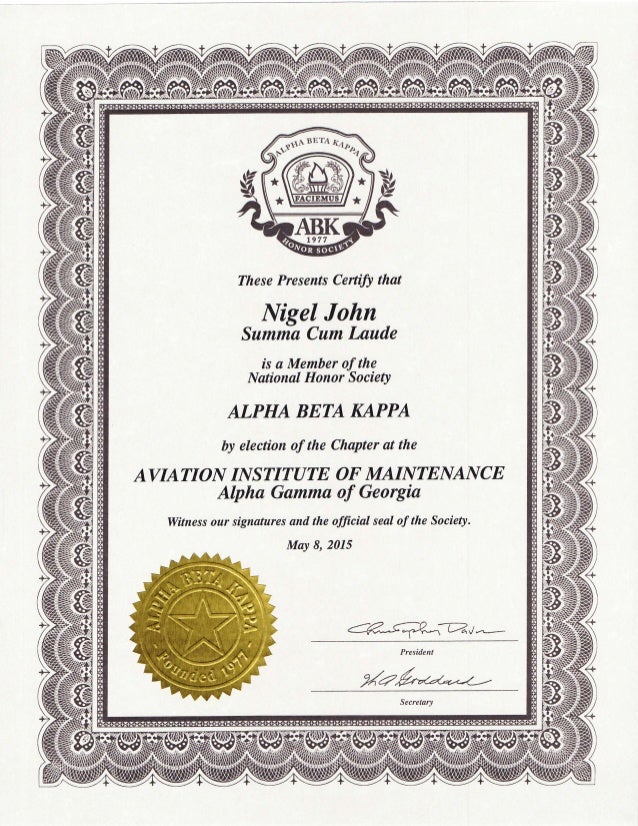These example sentences are selected automatically from various online news sources to reflect current usage of the word ‘summa cum laude.’ Views expressed in the examples do not represent the opinion of Merriam-Webster or its editors. Send us feedback
Cum laude is a phrase used mainly in the United States, though it is found in other countries as well. It is Latin and literally means with praise. It is used by universities and colleges to set some graduates apart as having honors. Magna cum laude is the next level up, meaning something like
Learn what the terms “magna cum laude” and “summa cum laude” mean and how different universities determine which students receive these academic honors.
Summa cum laude definition, with highest praise: used in diplomas to grant the highest of three special honors for grades above the average. See more.

Dec 08, 2017 · cum laude (not comparable). With praise; an honor added to a diploma or degree for work that is above average.; Usage notes []. In the USA, there are three honors often added to diplomas and degrees, and two others less commonly used. cum laude– with honor; magna cum laude– with great honor; maxima cum laude– with maximal praise; rare; intended to be higher than magna cum laude …

Oct 07, 2017 · This page was last edited on 7 October 2017, at 19:34. Text is available under the Creative Commons Attribution-ShareAlike …

Summa cum laude is an academic level of distinction used by educational institutions to signify a degree which was received “with highest honor.”


Types. Many institutions confer three levels of Latin honors, as follows: cum laude, meaning “with praise” or “with honor”.In North America, this honor is typically awarded to graduates in the top 25% or 30% of their class.
May 04, 2018 · Summa cum laude is a Latin phrase which means “with highest honors.” In order to graduate summa cum laude, a student must


Definition of summa cum laude written for English Language Learners from the Merriam-Webster Learner’s Dictionary with audio pronunciations, usage examples, and count/noncount noun labels.


